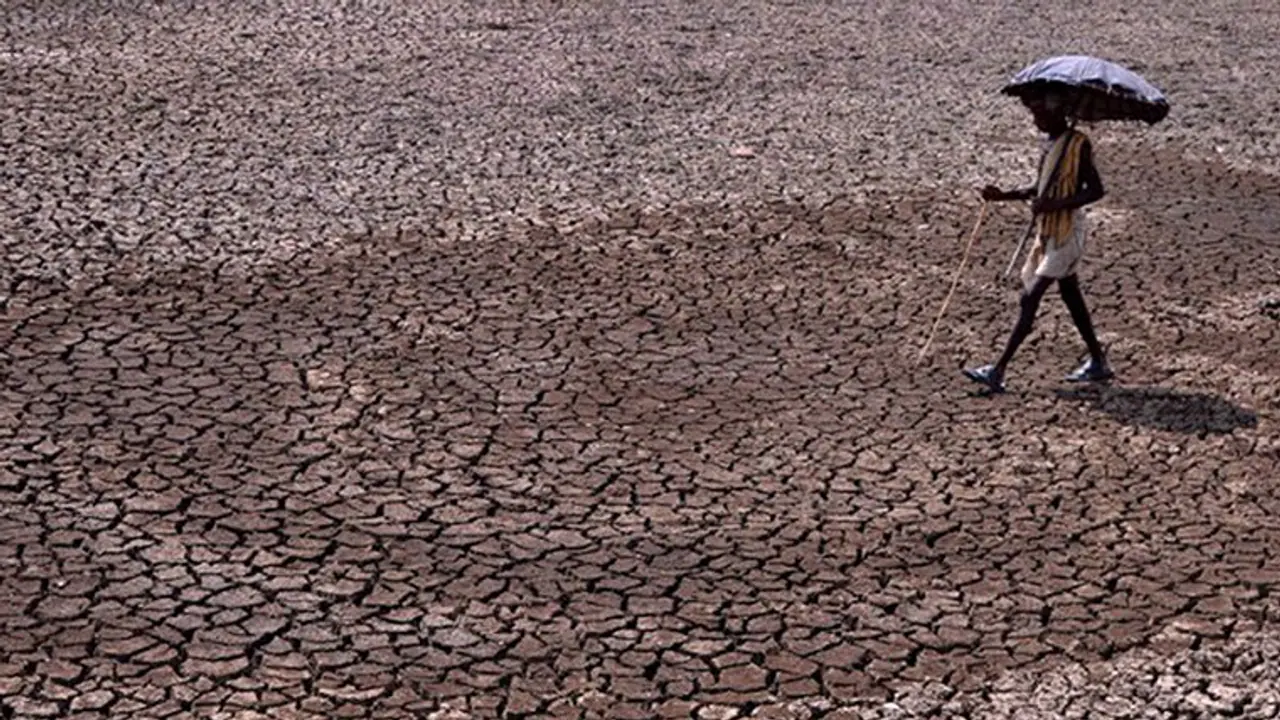Jalamrutha, a community-driven project is aimed at making Karnataka water secure by 2020. About three-quarters of the estimated 39,000 traditional ponds and tanks that existed two decades ago across Karnataka have either dried up, been encroached upon or have been turned into sewage dumps. This has led to an alarming fall in groundwater levels
Bengaluru: Karnataka has suffered drought in 12 of the past 18 years. With 156 out of the 180 taluks in the state being hit by drought, the importance of water conservation seems to have dawned on the government.

About three-quarters of the estimated 39,000 traditional ponds and tanks that existed two decades ago across Karnataka have either dried up, been encroached upon or have been turned into sewage dumps. This has led to an alarming fall in groundwater levels.
Since the water is scarce in most districts, the government has now launched an ambitious project to rejuvenate the state’s age-old water system. The community-driven programme, Jalamrutha, is aimed at blunting the impact of climate change and battling drought.
Reportedly, LK Atheeq, principal secretary of rural development and panchayat raj department said that the focus is on spreading water literacy, rejuvenation, construction of conservation structures, smart use of water and afforestation drives. According to him, the goal is to make Karnataka water secure by the year 2020.
The government intends to rejuvenate at least 14,000 lakes and tanks this year with the help of communities at the gram panchayat level, under the project. There are about 6,068 gram panchayats in the state.
20,000 check dams will also be constructed by the government across major rivers to retain water upstream. This will help recharge the groundwater table.
Officials reportedly said that by the end of June, every gram panchayat will have planted 500 saplings in schools, hostels, government buildings and community complexes. Besides this, saplings will be planted near water bodies and other public places as well to develop social forestry.
Atheeq reportedly said that 20 lakh saplings have already been planted. He also said that they are encouraging communities to help nurture two crore saplings.
About Rs 5,000 crore has been earmarked by the state government for the project. The government has already allocated Rs 600 crore for the first phase.
Construction of check dams, revival of small water bodies and planting of trees will also be funded under the Mahatma Gandhi National Rural Employment Guarantee Act (MNREGA).
However, GN Girish, a green activist, reportedly said that though the plan looks good on paper, it may not work. He said that every year the forest department plants around two crore saplings, but the green cover in the state seems to be diminishing. While the government projects starts with a bang, they fail to deliver.
